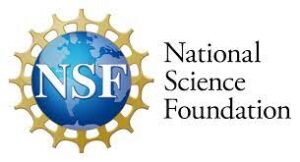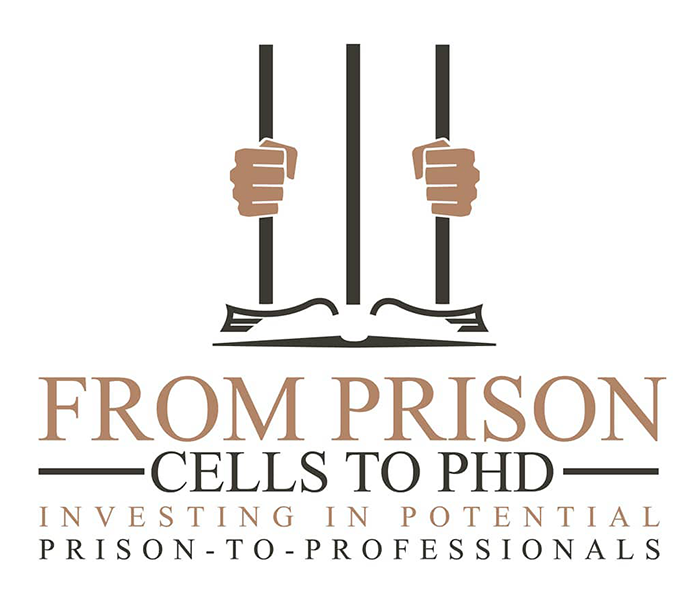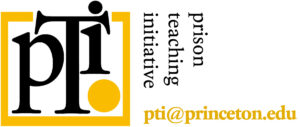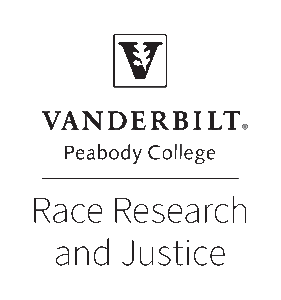What Does the “STEM” in STEM-OPS Really Mean?
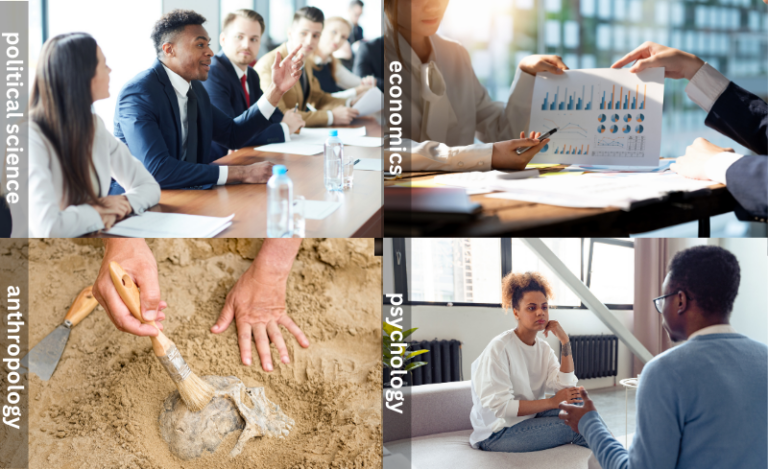
Authors: Eden Badertscher, Principal Investigator, STEM-OPS, and Basia Skudrzyk, Director, STEM-OPS Executive Committee
In our globally connected, STEM-driven world, it is not just future computer programmers or biotechnologists who benefit from STEM education and career pathways. A high-quality, inclusive STEM education is essential for all people. Yes, they support 21st century skills such as critical thinking, data and science literacy, and innovation. Yes, they open expansive career pathways. But did you know that accelerating innovation in STEM to address our most pressing issues (whether social, financial, or technological) requires a significantly more diverse and inquiry-oriented workforce? STEM needs EVERYONE to ensure our country’s economic health and well-being in the long term, particularly the well-being of people in our communities.
We tend to know “STEM” as the traditional “science, technology, engineering, and math” disciplines (sometimes also including computer science). While a useful shorthand, it hides a vast diversity of disciplines, careers like anthropology, economics, political science, psychology, and sociology. It hides vast non-academic professions that are STEM-centric like electrician, plumbing, construction, design of infinite varieties (fashion, graphic, metalsmithing, etc) and HVAC. It hides fields that are not considered STEM but require STEM knowledge of various forms, like entrepreneurship (even in a non-STEM profession), culinary arts, and project management. And this diversity of disciplines may not require significant access or commitment to extensive higher education beyond certifications or career schools, meaning these careers are more accessible. The STEM-OPS Alliance is growing a national network of people, organizations, and partnerships that understand the importance of building and supporting viable pathways to the diverse set of STEM disciplines for incarcerated and formerly incarcerated people, as well as to the many non-STEM disciplines that require STEM knowledge and experiences to be successful.
According to the National Science Foundation (NSF), STEM-OPS’s funder, “The U.S. STEM workforce is large and diverse in occupations, education level, and nationality. Although STEM workers generally have better labor market outcomes compared to non-STEM workers, these benefits are unevenly distributed across region, sex, race, or ethnicity. While participation by historically underrepresented groups has grown, these groups continue to be less well represented, which may impede the innovative capacity of the U.S.” Complicating this picture is that justice-impacted people are principally from these groups the NSF highlights as underrepresented in STEM, and thus more often than not, they have additional obstacles to surmount because narratives about both STEM and people who have been incarcerated promote societal fear and mistrust that has little basis in fact, resulting in prohibitive barriers to access and participation in STEM and society. STEM-OPS and our allies in this work are dedicated to changing this.
STEM-OPS knows that tackling our toughest problems requires the involvement and leadership of those who are closest to and have lived the challenges (in addition to other diverse stakeholders). In looking at the larger STEM umbrella that we work under, Dr. Christopher Beasley, a justice-involved leader, has helped pave the way for opening access in the field of psychology. As the principal investigator for the Post-Prison Education Research Lab (PERL), he is using a variety of psychological sub-disciplines to better understand social and psychological factors that facilitate and hinder transitions from prison to college. He is also leading efforts at the University of Washington Tacoma to strengthen support for people making the transition from prison to college.
Similarly, From Prison Cells to PhD (P2P) is working with their Bridges to Baccalaureate cohort of students to support the STEM field of psychology. Rosie Butts, mentor management coordinator at P2P and a first-year student at Baltimore City Community College, aspires to graduate with a psychology degree from Howard University. As a justice-impacted woman, she is working with world-renown leaders in STEM research to help advance knowledge in substance abuse and addiction.
Alaina Combs, also a student with lived experience, is on the path to becoming a social worker also specializing in substance abuse. She broke the cycle of incarceration through personal recovery and education. Alaina is an advocate for criminal justice reform, speaks regularly with policymakers, is program director for the Women’s Healing Place (which is the largest recovery center in Kentucky), and works with a Smart Justice group organized by the ACLU of Kentucky. Alaina’s passion is to continue this work, make a difference in her community, lift women in her community through trauma-informed training, and reduce the prison population in our country through her education and career pathway. While social work is not considered a STEM field, it is a perfect example of how non-STEM fields draw on and require knowledge in STEM fields (and vice versa). Social work draws heavily from social sciences, and in her work, Alaina needs to understand the science of addiction and recovery.
For more stories and events associated with STEM-OPS, please follow us on Twitter, Facebook, and LinkedIn, and join our community on Glue Up through a complimentary membership. Membership includes access to our community, notification of events, and subscription to our quarterly newsletter. Members include founding partners and friends of STEM-OPS as well as colleagues associated with opportunities in prison settings. We would love to hear what other communities are doing as it takes everyone to advance the importance of STEM education and access for everyone.
For other information on atypical STEM careers, explore the internet to find websites such as:
- https://www.careerinstem.com/5-stem-careers-you-didnt-know-were-stem-careers/
- https://careerschoolnow.org/careers/popular-stem-careers
- https://twigeducation.com/blog/10-more-unusual-stem-careers/
- https://www.topuniversities.com/student-info/careers-advice/7-unusual-careers-stem-degree
_____
Please take 1 minute to fill out this survey about how this blog post may have influenced you or helped you learn new information. Your response will help STEM-OPS learn about our shared impact on messages about people impacted by incarceration and help us improve our approach to changing societal narratives.

